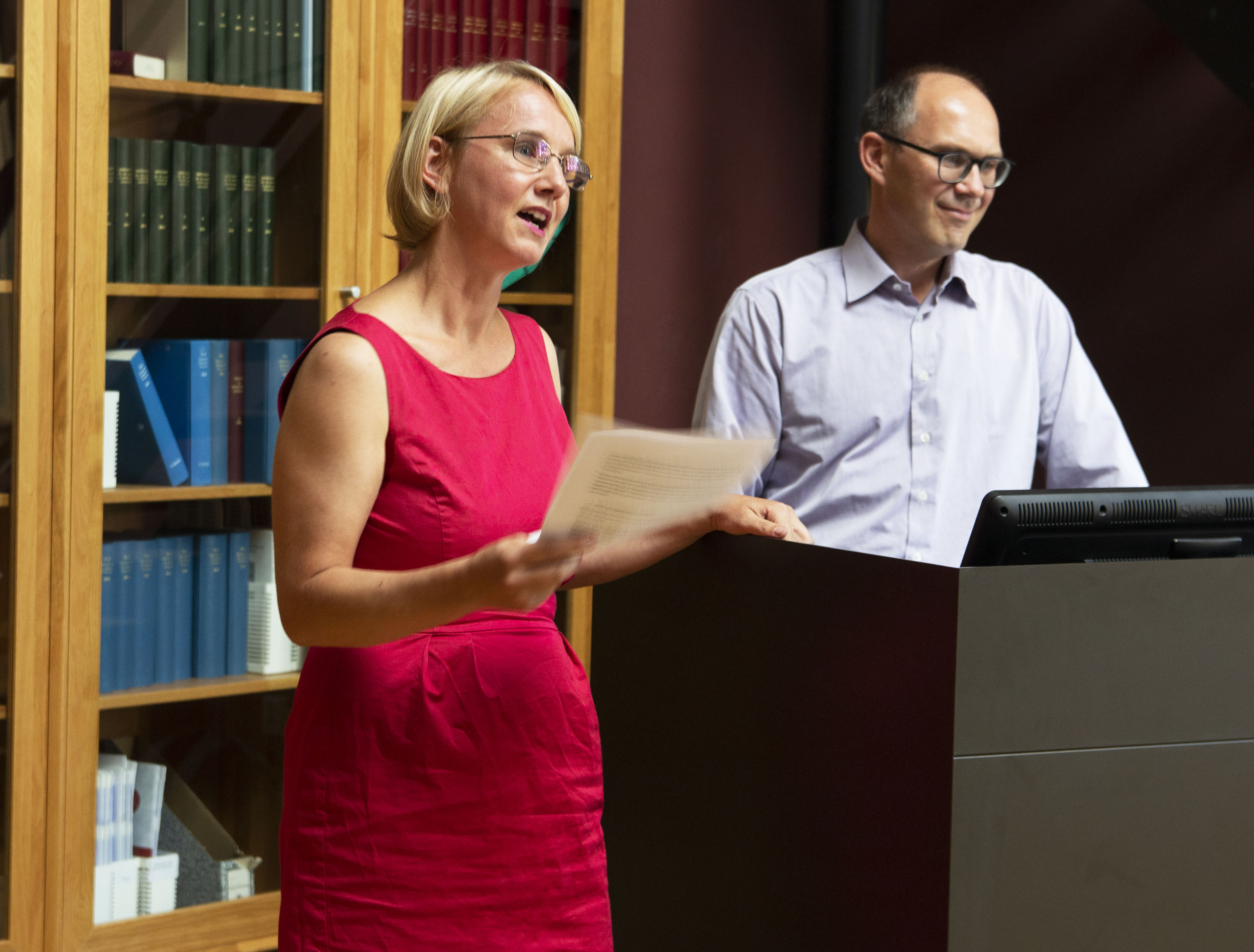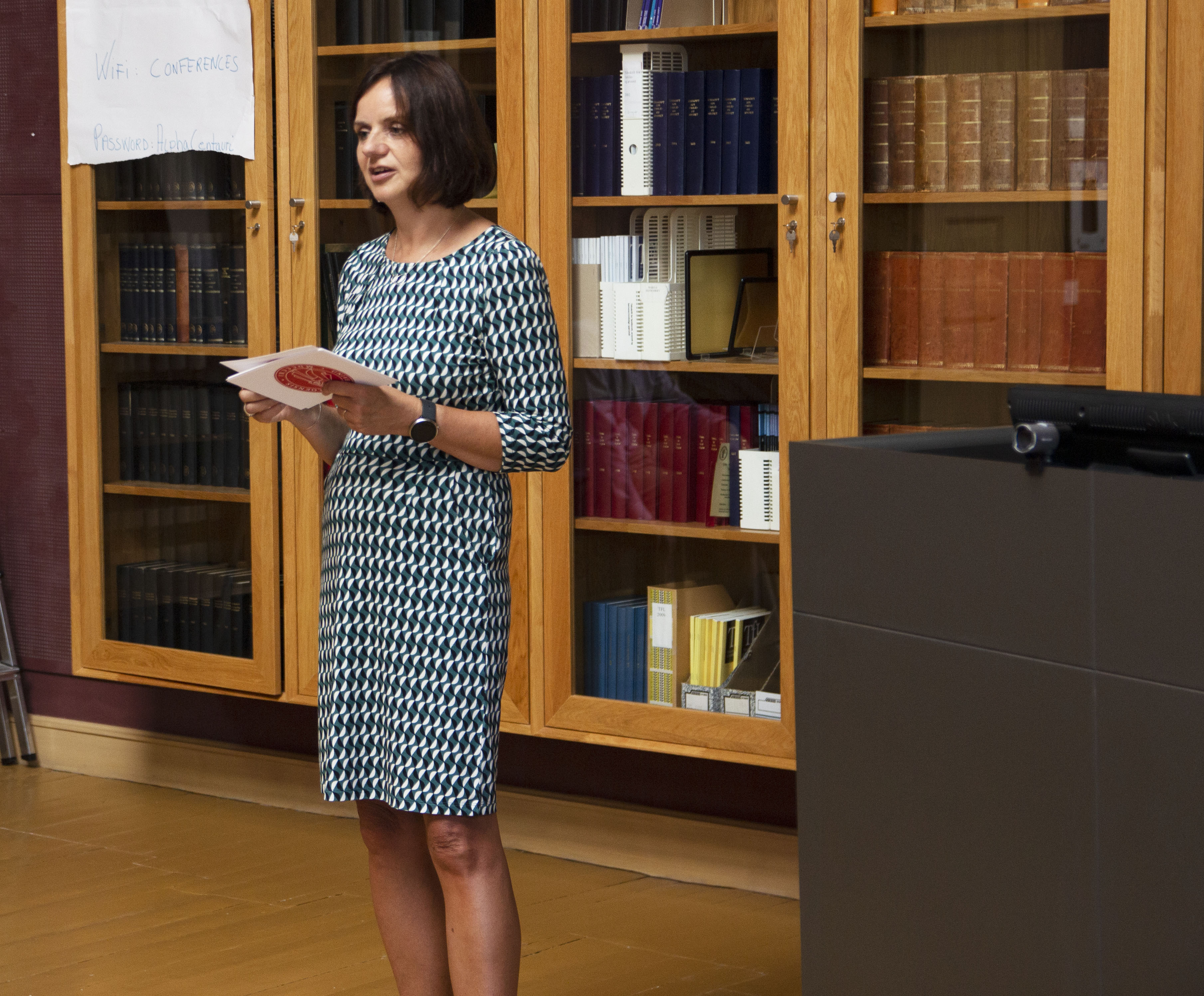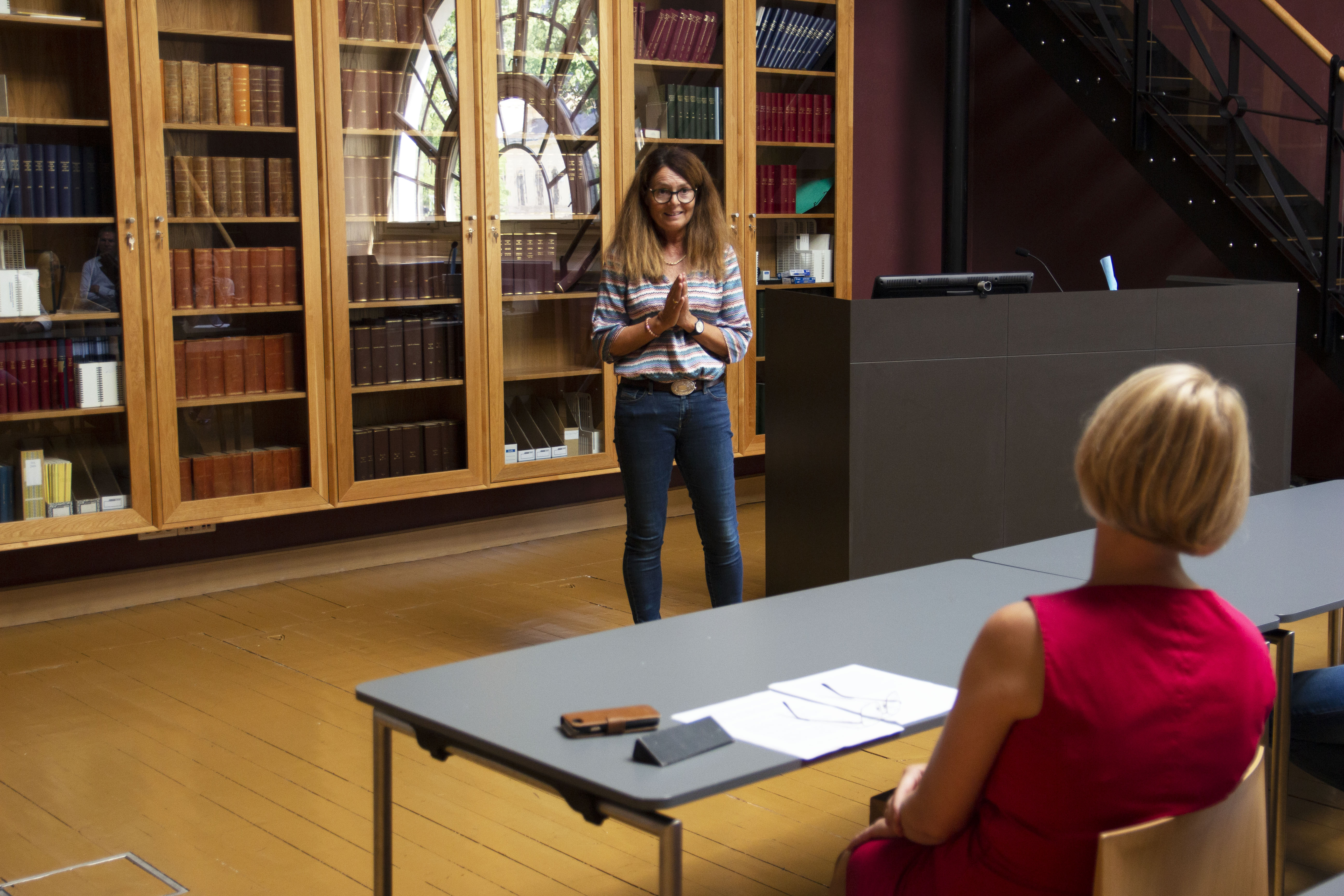What is good policy?

What should be the time limit for having an abortion? What is the best way to handle a pandemic, when weighing preventative measures up against children’s´ right to education?
These are some of the questions Cathrine Holst and Jakob Elster asked when presenting their CAS project: What is Good Policy? Political Morality, Feasibility, and Democracy (GOODPOL) at an opening ceremony at the University of Oslo (UiO) last week.
Connecting political philosophy and empirical research
Cathrine Holst, a sociologist at the Department of Sociology and Human Geography at UiO, and Jakob Elster, a philosopher affiliated with the Norwegian Centre for Human Rights also at UiO, have gathered scholars from philosophy, sociology, law, political science and international relations to raise and pursue crucial and critical questions about democracy, democratic processes and societies.
´These questions require a combination of normative premises, and premises about facts´, Elster said.

‘On the one hand, you need to find out what the goals with the policy are, and what measures are morally acceptable. That is where the philosophers enter the picture’, he explained.
The social scientists can describe a situation, and what measures are effective to reach the goals.
The pitfalls here are vast, Elster warns.
‘A good policy is not sufficient; the process should meet certain democratic standards, but a good result doesn’t necessarily imply that the process was good, and vice versa.’
Holst exemplifies:
‘The public may vote for limiting minorities’ fundamental rights, or they may go for a policy that research has proved not working. This would be democratic, but the decision would be bad.’
Another pitfall would be that those responsible for developing normative premises for good policies might not be suited for the task. For instance, political theorists often examine what is right in an ideal world, Elster argued.
‘That is interesting, but not that useful in a world where moral rules are broken all the time. On the other hand, one should not give too much weight to people's moral imperfections. Otherwise, one would for example say (if talking in the 1840's) that slavery in the US should not end because it would lead to uprisings.’
Holst said that it is both necessary and possible to connect political philosophy and empirical research when developing policies. Philosophers who suggest policies based on what decisions are fair, say, within taxes and integration, assume that the policies will be implemented in a way that give the wanted effect. Many factors can however hinder that, she explained:
‘People can lack motivation to act as planned, or lack organisation. Here, empirical research is useful because motivation and organisation can be methodologically examined’.
Some would argue that experts should make the political decisions, which would result in decisions based on facts, but the way of governance would be undemocratic, she continues.
‘We will critically examine sides of this debate and look at possible solutions that can minimize the conflict between democracy on the one side, and good policy and decisions on the other.’
CAS leader: ´Proud to host a project with such relevance to society´
´Political order enables people with diverging interests and perspectives to live together. It is so brave of you, and I admire you for entering a field that one can call simple complexity – asking a simple question that demands a complex answer - what is good policy´, Åse Gornitzka, the Vice-Rector at UiO, said as the first speaker at the opening ceremony for the GOODPOL project.

Schemes such as what CAS offers; letting scholars immerse in their work, and invite their dream team, can change people’s careers, she said.
‘I am also worried about how borders between countries are becoming stronger, and what this means for international research cooperation. This makes CAS even more important with its organized attention to borderless research excellence’, Gornitzka said, who also took the opportunity to look back with amazement on the transformation the Centre has been through the past 30 years.
Congratulating both the project leaders and the UiO with such an interesting project, the Director of CAS and Professor of philosophy, Camilla Serck-Hanssen, shared her enthusiasm about the relevance of the project.

‘What is so interesting about your project is that you kill the myth about a clear separation between fundamental and challenge-driven research. You have started a challenge-driven fundamental project. How we can measure and find out what is good policy is a crucial question in society. Thank you for allowing us to host your project’, she said to the project leaders.